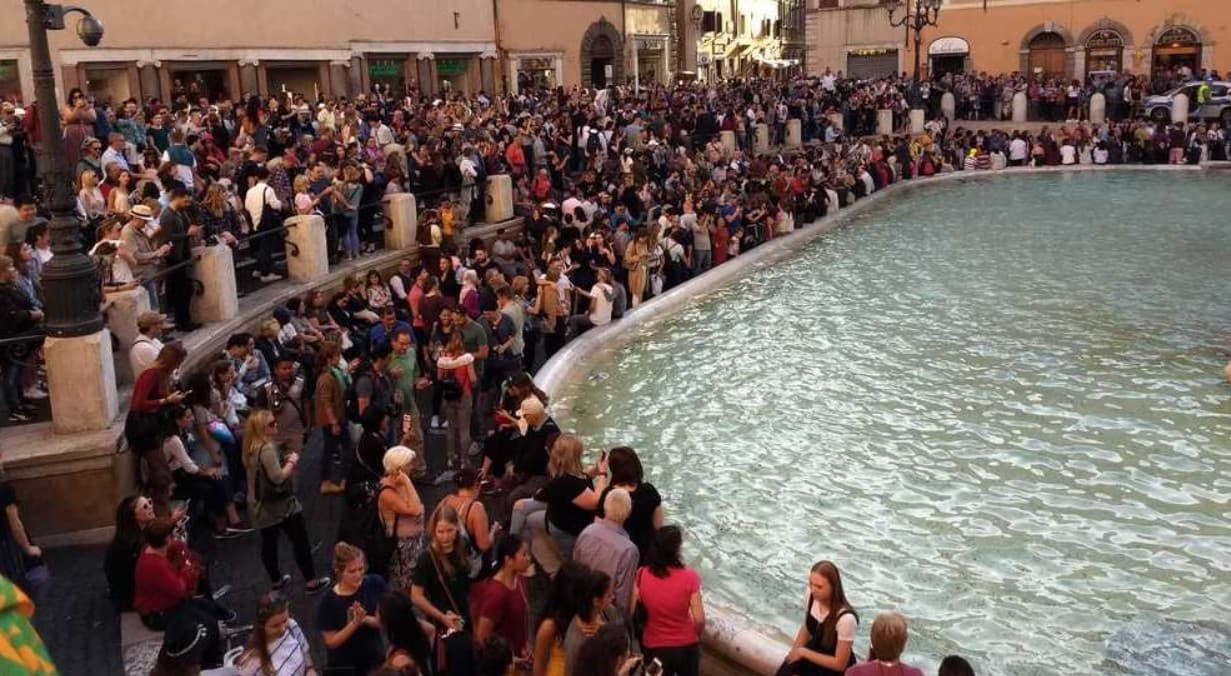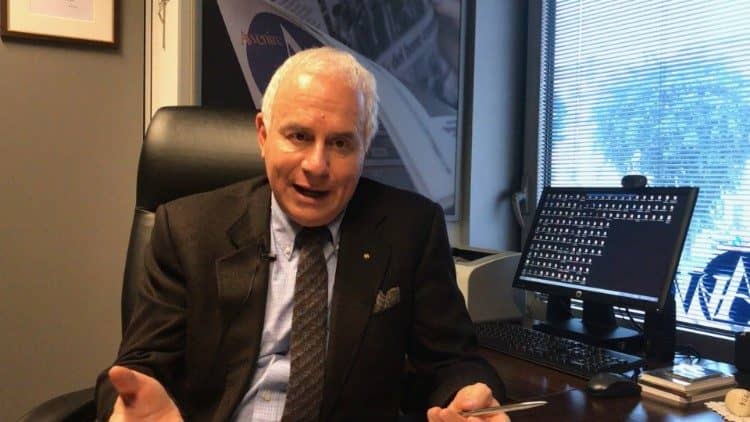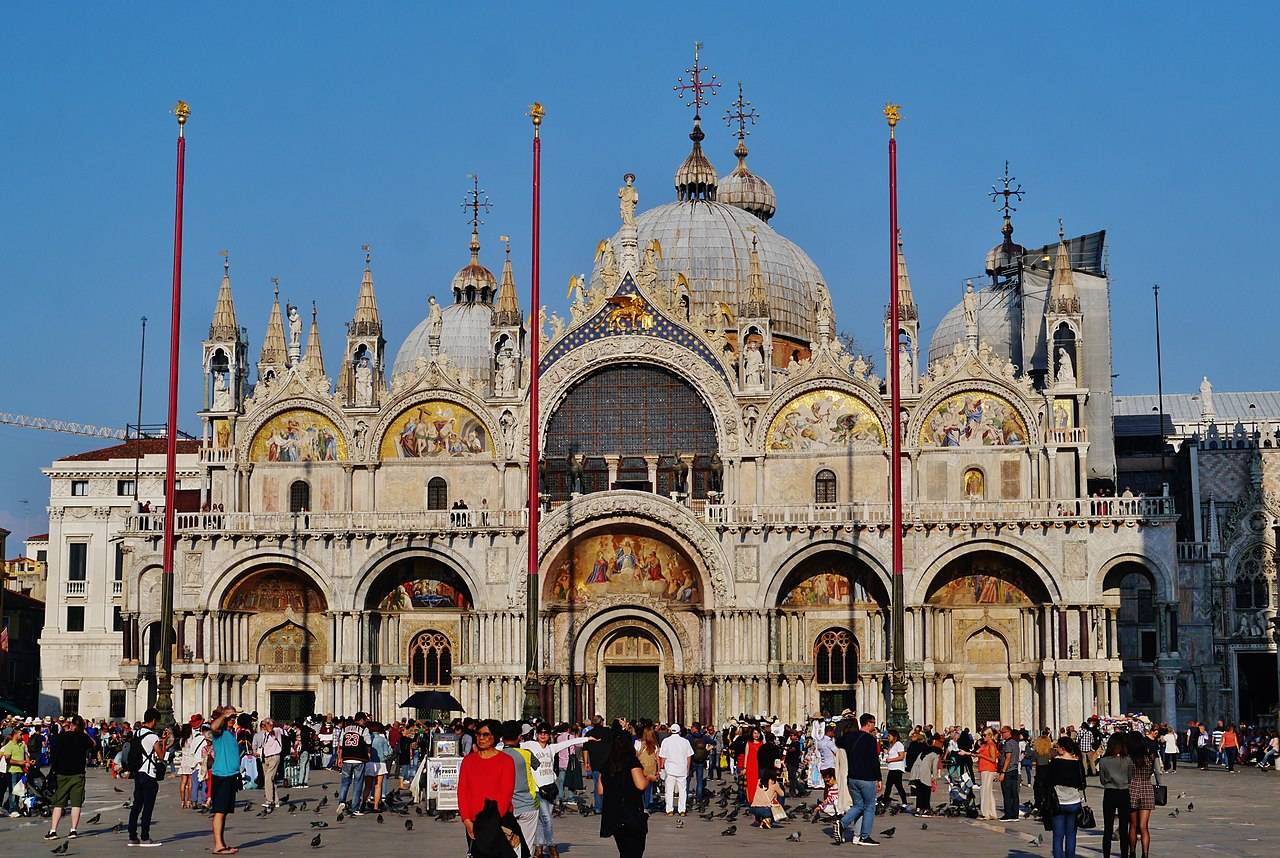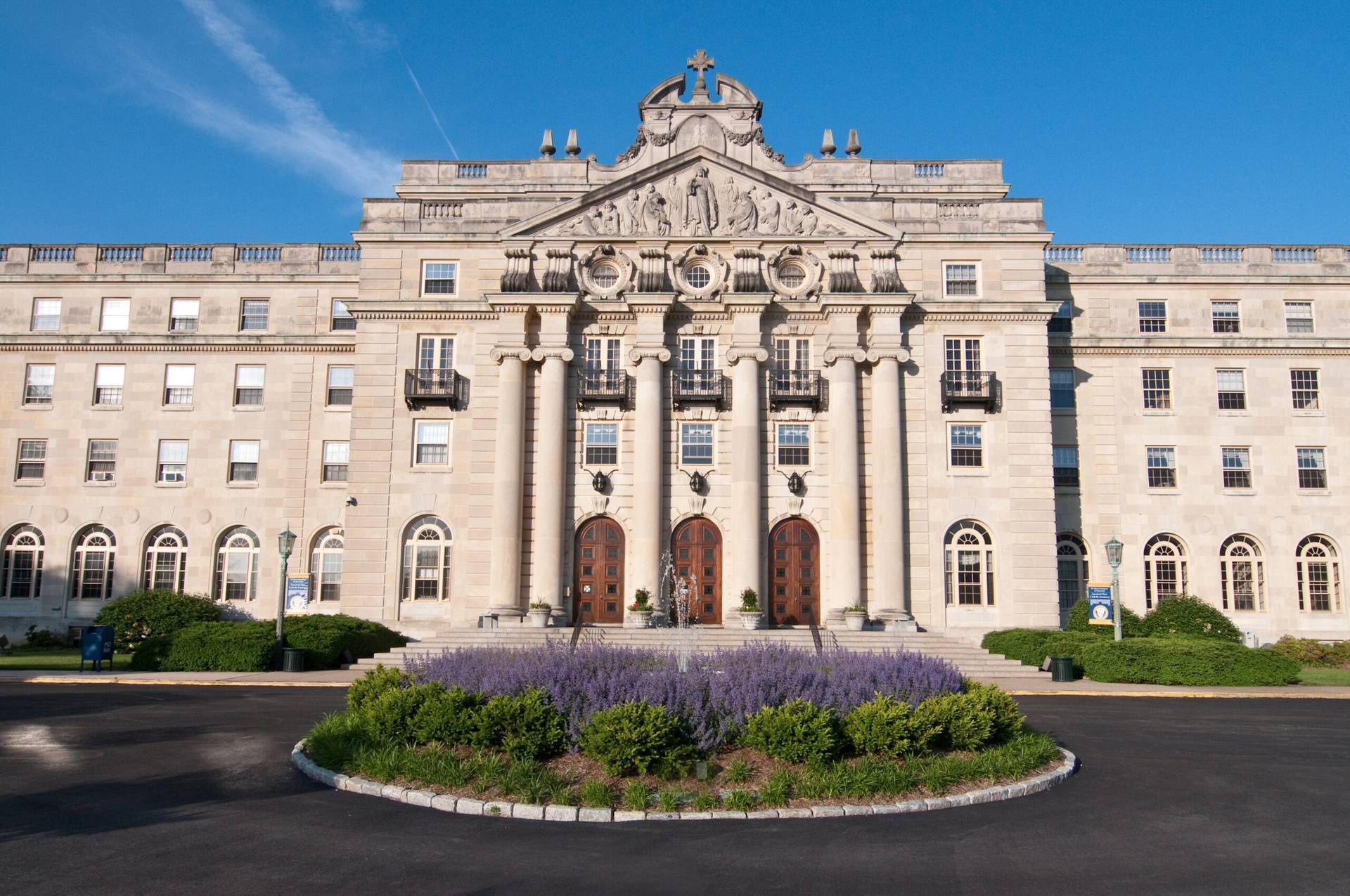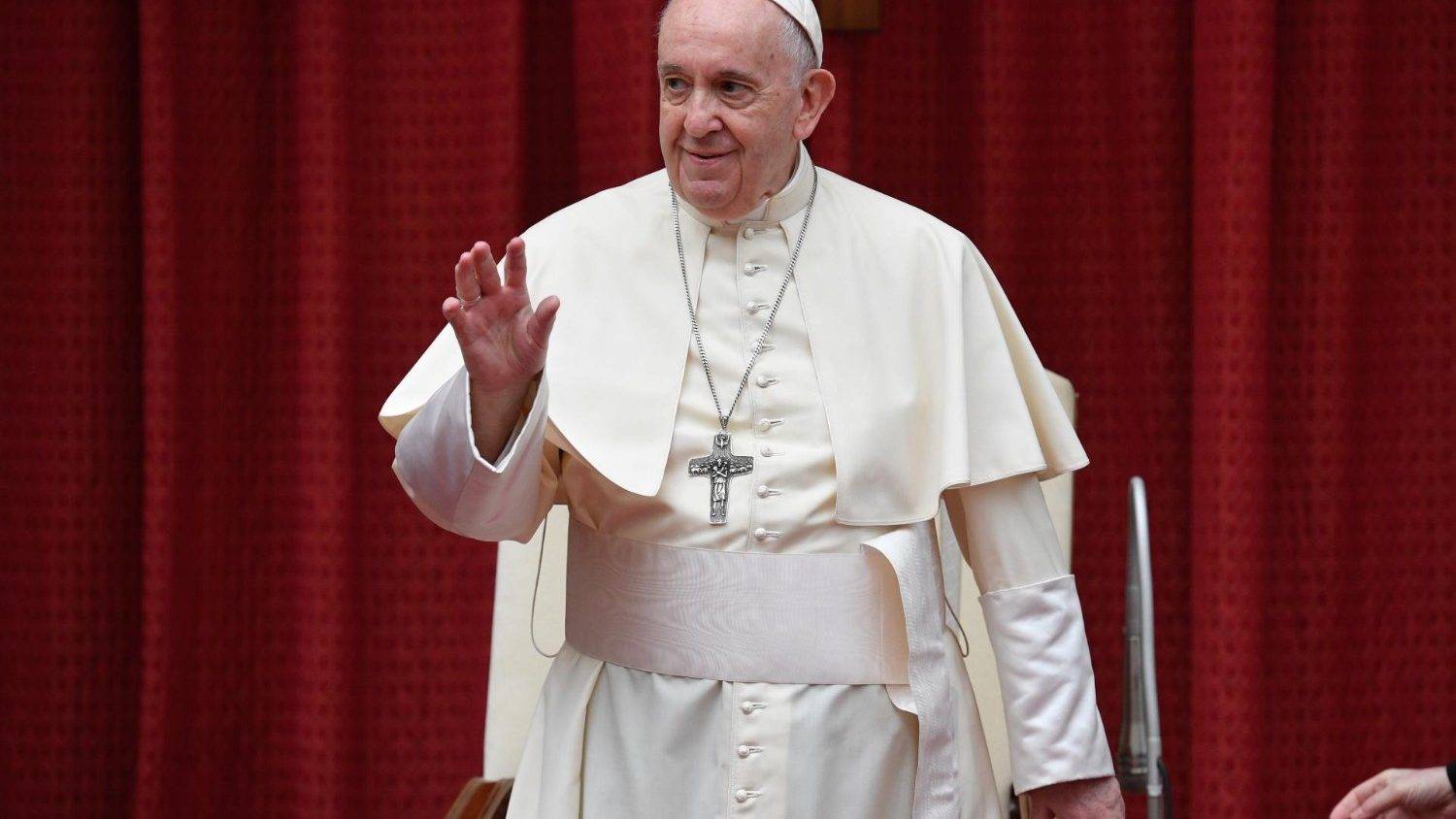ROME – Right now, pious Catholics all around the world likely are making plans to come to Rome in 2025, to take part in the Jubilee Year. The last such ordinary holy year was in 2000 under Pope John Paul II, with the Great Jubilee, and there won’t be another for a quarter-century, so one understands the pull.
Italian Archbishop Rino Fisichella, who’s heading the Vatican’s jubilee planning efforts, has estimated that over the course of the jubilee period, which runs from December 2024 with the opening of the Holy Door at St. Peter’s Basilica, through the Feast of the Epiphany in January 2026, some 32 million pilgrims will course through the Eternal City.
As someone who’s lived most of my adult life in Rome, I just want to say to all those pondering joining the party: Come at your own risk.
The thing is, Rome right now is overwhelmed by the massive numbers of people visiting the city, and urban systems seem almost at the breaking point. I can’t even imagine what sort of Zombie apocalypse may await such additional throngs of visitors two years from now.
Want an example? Here’s a small one: My wife and I don’t own a car in the city, so when we venture out beyond walking distance in our neighborhood (which is quite often), we generally take a cab. Prior to this year, summoning a taxi using an app on our phone usually took no more than 5 minutes. Now we budget at least 15-20 minutes to get a taxi, and we always have to think about a back-up plan should we not get one at all.
2019, the last pre-Covid year, was considered the all-time high-water mark for Roman tourism. At the moment, 2023 is on a pace to absolutely shatter the records set that year. In March and April alone, according to the Bilateral Tourism Commission of the Lazio region, the number of tourists who have spent at least one night in a local hotel is up 5 percent with respect to 2019, and is double the number last year – a staggering total of 2.3 million people, booking 5.4 million nights of reservations.
As predictably as the rising and setting of the sun, all this has had a dramatic impact on prices. Overall, the cost of hotel bookings in Rome is up more than 20 percent over last year, according to Assoutenti, a local consumers advocacy group, with the cost of a night in a three-star hotel in the city center reaching 500 Euro, a four-star around 700, and a five-star as much as 1,000 Euro.
For June, the local association of hotel owners says the city is running at 85-90 percent occupancy, and this despite the fact that non-hotel lodging options, such as Airbnb, are at an all-time high. In the city center of Rome alone, there are an estimated 25,000 spots offered through such services, most of them complete apartments – and virtually all of them booked months in advance despite significant price increases.
Naturally, in the run-up to the Jubilee of 2025, the Vatican, the city of Rome and the Italian government have announced an ambitious series of public works intended to make life easier for the people who come. In January, Italian officials announced plans to spend almost $2 billion on civic projects, most of which are supposed to break ground next month.
How confident should anyone be in those promises?
Well, consider that the leading business association in Italy, Confcommercio, recently wrote to the mayor of Rome and other government officials to demand that they abandon plans to build a tram to carry pilgrims from Rome’s main train station, Termini, to the Vatican, which is currently projected to run down a broad stretch of Via Nazionale, one of the main arteries in Rome.
The president of the association, Pier Andrea Chevallard, described the project as a “useless burden” to business owners in the area, mostly because of concerns that it won’t be finished on time, and that all those people who show up for the jubilee will be effectively shut out of the construction zone.
Chevallard proposed that work be delayed until after the jubilee is over, reflecting the conviction of Italy’s business and commercial establishment that the city is simply incapable of honoring its commitments in the time span envisioned.
City officials have responded with soothing assurances that all will be well, but I remind you these are the same people who, for generations, have promised that the trash will be picked up and potholes repaired, and who have failed to get any of that done for – well, for longer than I’ve been here.
Three days ago, the trash collection service in Rome, facing yet another avalanche of criticism for uncollected garbage piling up on city streets, issued a statement acknowledging that half its fleet of trucks is inoperative because of maintenance failures, and they’re trying to find vehicles to rent. (As if Hertz Italia or some other company happens to have a slew of specially outfitted trucks for garbage collection just sitting around.)
This is mid-2023, with no special event going on other than pent-up demand for travel; imagine what it will be like with 32 million additional souls in the city tossing out their waste, however well-mannered jubilee pilgrims may be. Probably the only creatures who’ll truly benefit will be the wild boars who occassionally descend upon the city to feast on the rotting mounds of refuse.
In private, many figures in and around the Vatican are already alarmed, noting the city’s incapacity to handle its current influx of visitors and having nightmares about what it will be like for the jubilee.
So, look, here’s the best advice I can give for anyone who’s thinking about coming here in 2025.
In a certain sense, pilgrimages aren’t supposed to be easy. Think about the great medieval traditions of walking long distances over difficult terrain to reach largely inaccessible shrines and sanctuaries, where, in a sense, the whole point was the suffering one experienced along the way – a sort of expiation, or purgation, before the final encounter with the sacred.
If you’re prepared for hardship and heartache, by all means come – Rome probably will deliver it, in spades, along with all the glories that jubilee organizers presently are promising.
If you’re looking for a relaxing and problem-free diversion, however, I’d suggest taking your business somewhere else. For that matter, if you’re looking to get out here without taking out a second mortgage on your house, you also might want to rethink.
For those who come despite it all, we who live here will do everything we can to be welcoming … striving to remember, after all, that Rome doesn’t just belong to us but to the world, however much we may occasionally wish that the whole world didn’t seem to want to be here at once.
